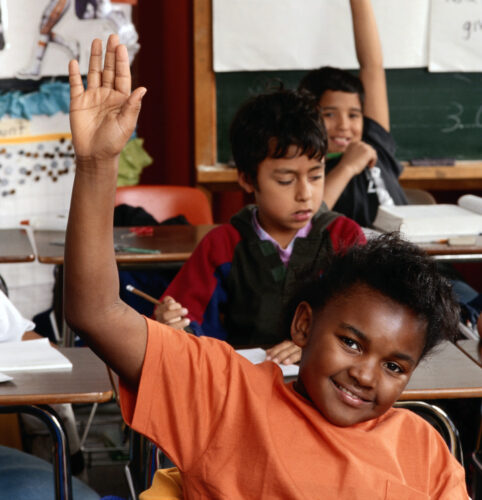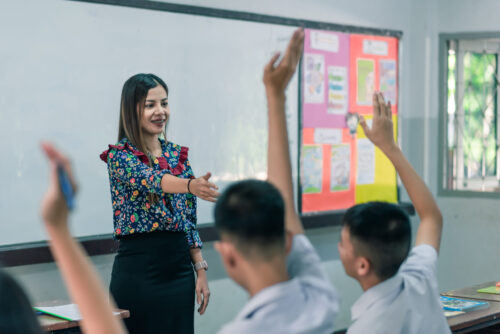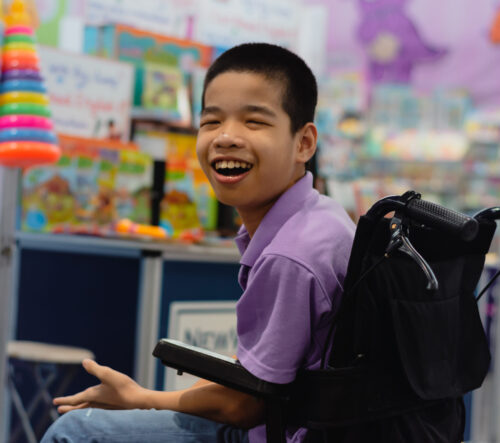
May 2013 report and recommendations from the New York City School-Justice Partnership Task Force. Under the stewardship of former Chief Judge Judith Kaye, the task force brought together a unique and knowledgeable group of key players from the education and justice communities who had not previously had the chance to collaborate. The report outlines a plan of action for the next mayor to reduce suspensions and school-based summonses and arrests.










